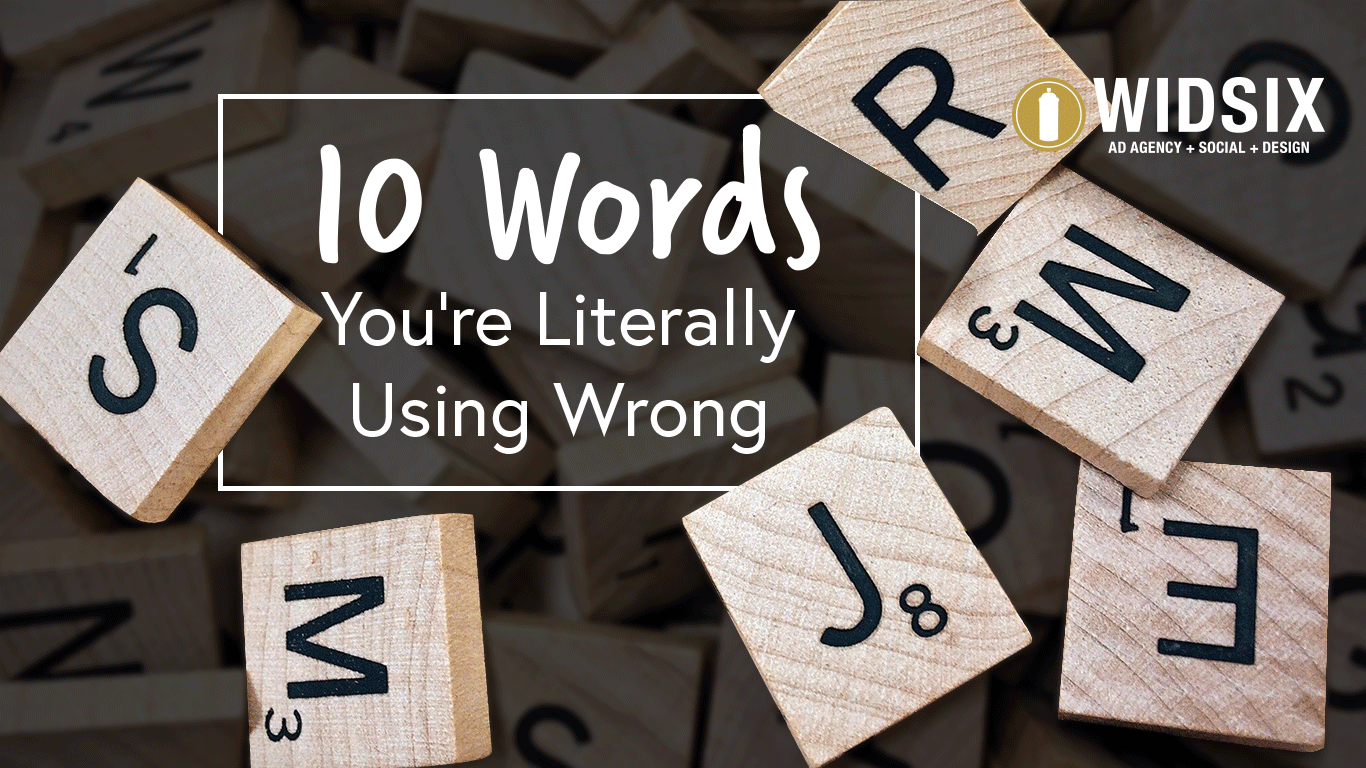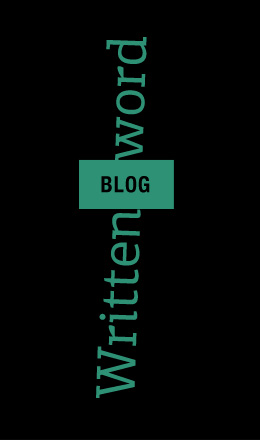// WIDSIX WRITTEN WORD //
10 Words You’re Literally Using Wrong
Communication is an inescapable aspect of life. Whether via text, face-to-face, or a social media caption, words permeate our world. With a wide vocabulary of words to choose from, it is more common than not to see words used incorrectly. You may not know it, but you’re probably making simple (yet common) misuses of words. These 1o words are a great place to start updating in your vernacular. Bonus? You’ll sound smarter.
Disinterested
This word is used so commonly that it is no surprise the meaning has been misconstrued. It is written and spoken with the intention of expressing “bored” – however, the true definition is “indifferent”. To express what you’re really saying by “bored” use these as an alternative: disenchanted, blasé, or uninterested.
Travesty
Most would use this word to denote a tragic incident of some sort, however, the true definition is a mockery or a parody. The understood and real definitions are so opposite, so try using these instead: tribulation, adversity, or catastrophe.
Ultimate
While popular belief would have you believe this word means the best or the only it actually refers to the last item in a list. When trying to express something that is the best use: foremost, premier, or optimum.
Peruse
This word is so frequently used when talking about being in a store or going through a book that you may not believe it’s true meaning. Rather than meaning to “skim”, it actually is the opposite – it means to observe in depth. This one comes as shock to most, but what you’re really trying to say is: graze, glance or peek.
Enormity
The name itself lends you to believe that it means “enormous” but you have been deceived. Conversely, the word means profoundly immoral or evil. When you are trying to describe something of great mass, use: mammoth, gigantic, or colossal.
Terrific
Unlike enormity, this word actually tells you its meaning – to terrify. Eventually this word will probably be changed in the dictionary since no one uses it correctly, so when trying to describe something that makes you feel fantastic use: marvelous, stupendous, or spectacular.
Chronic
This word gets used exactly as the word “severe”, but you would be severely mistaken. While severe refers to drastic or extreme, chronic is used to explain something that has been in place for a very long time, and likely won’t end. What you are trying to express can be said with: fierce, intense, or grueling.
Refute
Rather than simply to argue against, the word refute goes deeper. It is actually the process of proving something or someone of being false. When you’re looking for a word that means you’re verbally fighting with/against someone try: quarrel, contend or dispute.
Anticipate
This word cannot be accurately used unless it is paired with the idea of preparation. To anticipate means to look ahead and prepare so when referring to something that is a wishful guessing say: estimate, expect or forecast.
And finally…
Literally
While this is a much more common error in the 20th century, the word does not, and has never been a figurative word. It is completely, and solely, defined by being “accurate”. Please do not be Robin Sherbatsky, instead be Ted Mosby.






